How Can Universities Fix Title IX? By Listening to Survivors.
A student group at the University of California conducted a study of Title IX services on campus. “We thought if we did a survey then they would have to listen to us.”
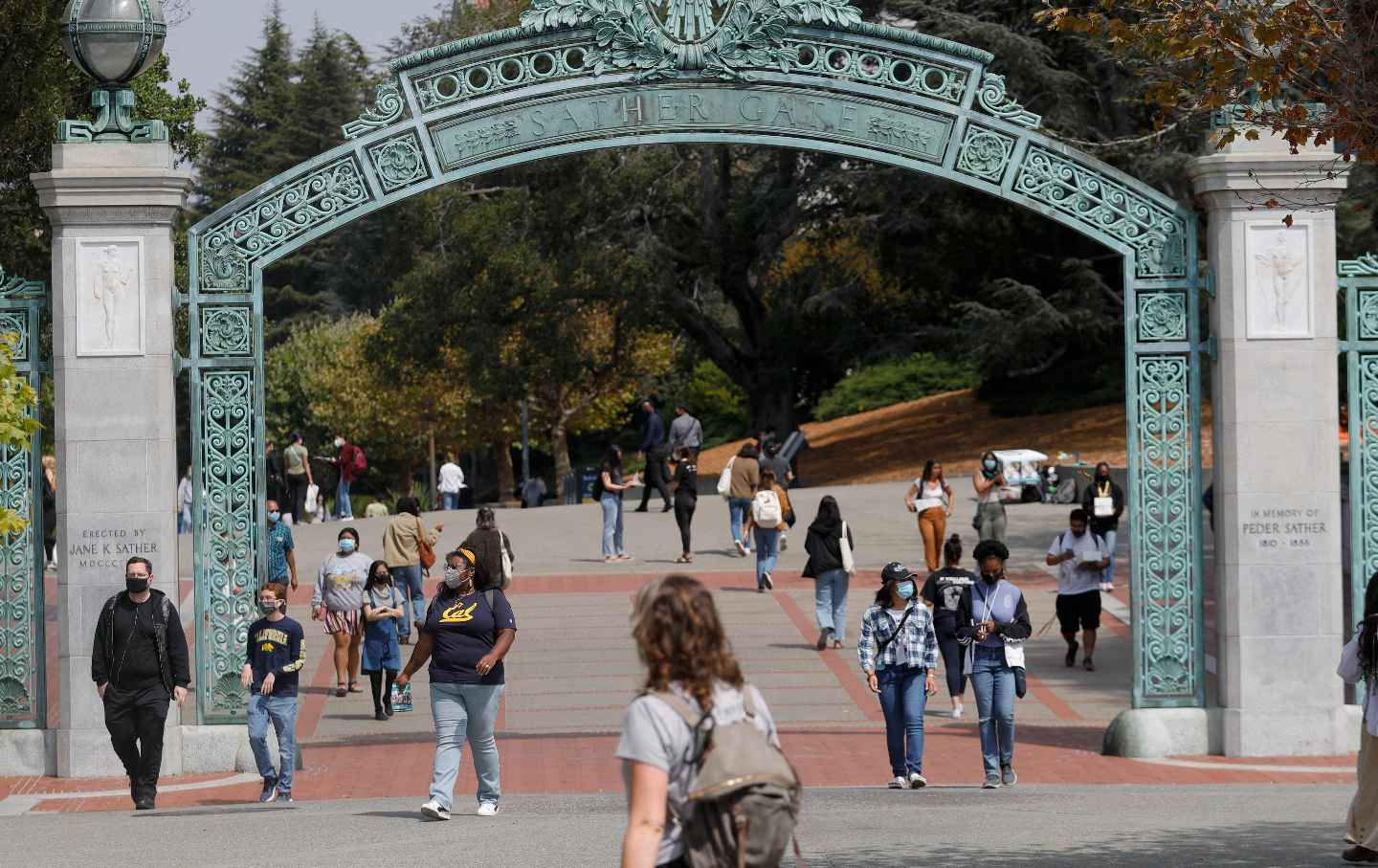
Students walk near the Sather Gate on the UC Berkeley campus.
(Jane Tyska / Getty)In November 2020, Survivors + Allies, a group of University of California students that advocates for and with survivors of sexual violence, met with the Systemwide Title IX office. The participants asked whether a feedback form could be incorporated into Title IX complaints to give students a vehicle for suggesting improvements.
The administrators dismissed the proposal, saying that a feedback form would be demoralizing for Title IX employees. “We weren’t even asking for accountability on how they use the forms. We simply were asking for the opportunity for survivors to give feedback on their experience,” said Sara Wilf, a UCLA doctoral candidate in Social Welfare and cofounder of S+A. Instead, S+A decided to conduct its own study in May 2021, receiving over 1,200 responses from all 10 UC campuses.
Despite the UC system’s touting some of the best universities in the world, many students say that it is failing its survivors of sexual violence and sexual harassment. “We thought if we did a survey, then they would have to listen to us,” said Wilf. The survey found that, overall, student awareness of confidential resources for survivors is low. Only 68 percent of students had heard of Campus Assault Resources & Education—or CARE—which is the only survivor-centered confidential resource on UC campuses, while 80 percent of survivors reported feeling safe interacting with CARE staff. The survey also highlighted sharp disparities in awareness that all students—regardless of citizenship or documentation—could utilize Title IX services. The vast majority of international and undocumented students, for example, did not know they were covered under Title IX.
In the survey, the University of California Police Department and Title IX received poor reviews from survivors, and LGBTQ+ and gender-diverse students noted that they were especially uncomfortable reporting sexual violence to campus police. Specifically, LGBTQ+ students were 40 percent less likely to report to UCPD than heterosexual students.
Although the UCs have instituted a Community Safety Plan to improve students’ relationships with campus police, the plan fails to center survivors in its training and data collection efforts and doesn’t go nearly far enough. For survivors, soliciting such feedback is crucial.
It’s unclear how CARE funding is determined and allocated across the UC campuses, and the number of advocates varies widely. While PATH to Care at UC Berkeley had 12 staff members in the 2021–22 academic year, UCLA has just one full-time CARE advocate—compared with four Title IX investigators.
Students deserve to have confidential, trauma-informed, and identity-based resources available to them. The University of California spends just $56 per student on mental health care on average, and unsurprisingly struggles to provide its students with adequate and identity-based mental health services. “The study found that more survivors go off-campus for therapy than to UC-based counseling,” read a summary from Wilf.
While Black and Latinx students reported higher rates of anxiety, depression, and trauma-related symptoms than their white counterparts, they also face higher waiting times to meet with counselors of color or identity-based counselors. A CARE advocate could be hired at each UC international center who shares identities with international students and can better understand their unique experiences, along with publishing the annual budgets for CAPS and CARE, including how budgets are allocated across the different campuses.
If the UC wants to protect its marginalized students and survivors navigating mental health challenges, it needs to hire more people of color, queer people, and first-generation immigrants, as well as those who are experts in working with victim-survivors. “When I needed to go to the counseling center for help, it was really important for me to find someone that would understand my cultural background, that I was mixed and all these different things about my identity,” said Kalani Phillips, an S+A report fellow and UC Irvine doctoral student in Public Health. “It just made it really easy to talk to someone who would already understand those things.” Currently, UC Davis is the only campus in the system that has a confidential LGBTQ+ resource center.
Over the summer, the S+A policy team met with California legislators and UC administration to present the study’s findings. S+A is also distilling the results of their study into a public-facing report and academic paper. According to Leila Chiddick, a UCLA undergraduate and research fellow at S+A, the paper is one of the first to explore students of color’s experiences with Title IX. After presenting their research at public events such as the Society for Social Work Conference and a teach-in event at UCLA, S+A received funding from the UCLA Center for the Study of Women to deepen the project.
In the upcoming school year, Wilf noted that S+A is focused on finalizing the report, which will be presented in January at a public webinar. She also added that S+A plans to conduct outreach to student survivor advocacy groups nationwide and continue to work closely with CARE. Stephanie Kathan, a UCLA doctoral candidate in social welfare and S+A research fellow lead, is grateful to be working on the fellowship, as advocating for survivors does not get enough attention. “No one else is really doing work like this,” said Emma Tolliver, a recent graduate from UC Davis and a policy fellow at S+A. “Survivors and Allies took it into their own hands to create a trauma-informed survey so they could really understand student experiences, attitudes and awareness of sexual violence sexual harassment resources.”
The survey shows how critical it is that the UC system increases funding and availability of confidential, identity-based student support services for survivors. The UC should develop system-wide requirements for pre- and post-test evaluations for Title IX staff, along with investigator training so that student organizations like S+A don’t have to conduct their own research studies evaluating campus resources.
With the UC’s prestige, it has the opportunity to influence other universities. If the University of California system is truly home to some of the best universities in the world, they must act now to provide their student survivors with the best support resources to navigate their experiences of harm.
More from The Nation
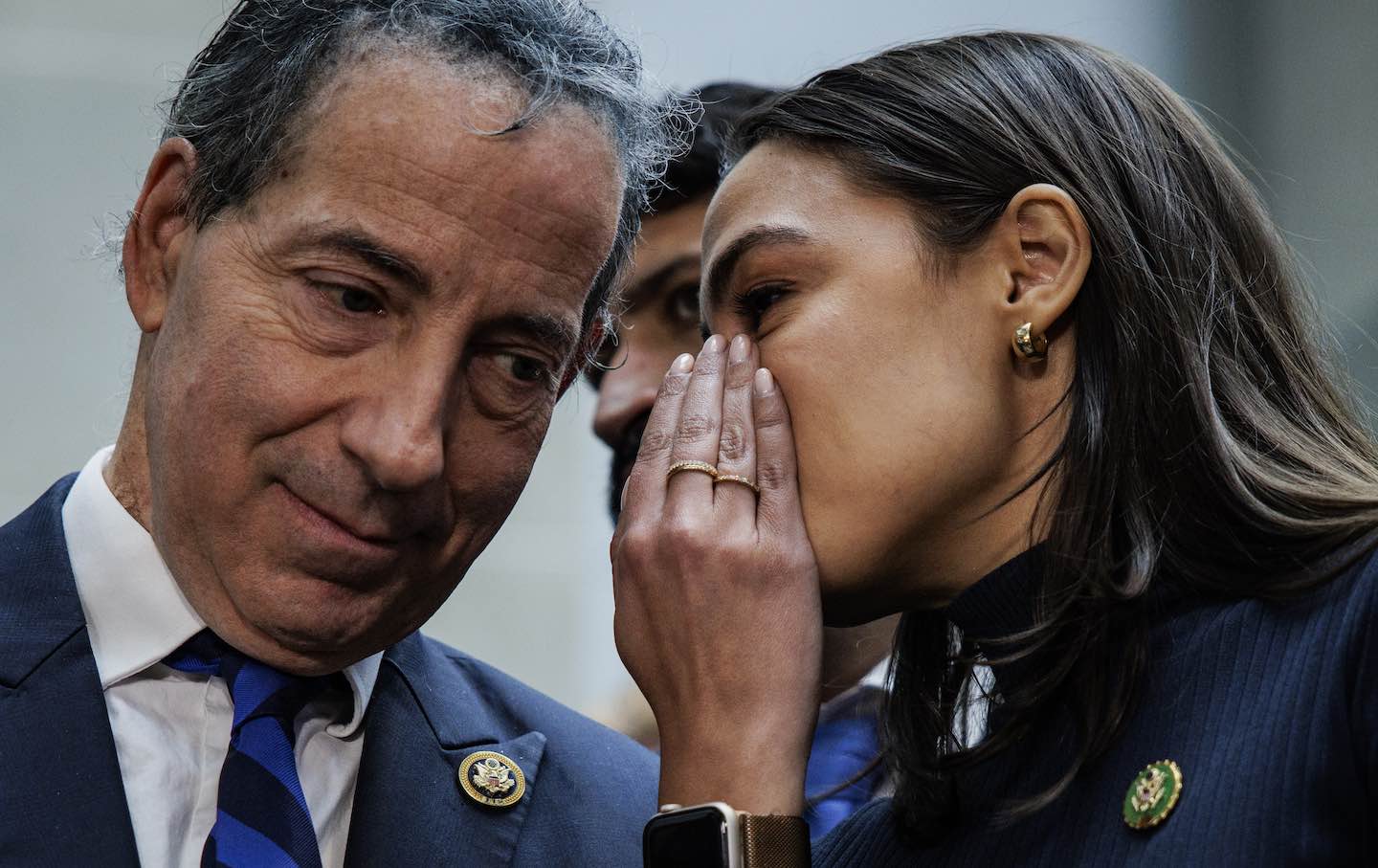
Democrats Are Overdue for New Leadership Democrats Are Overdue for New Leadership
To mount an opposition under the coming Trump administration, the party needs new ideas—not the same establishment clinging to power.
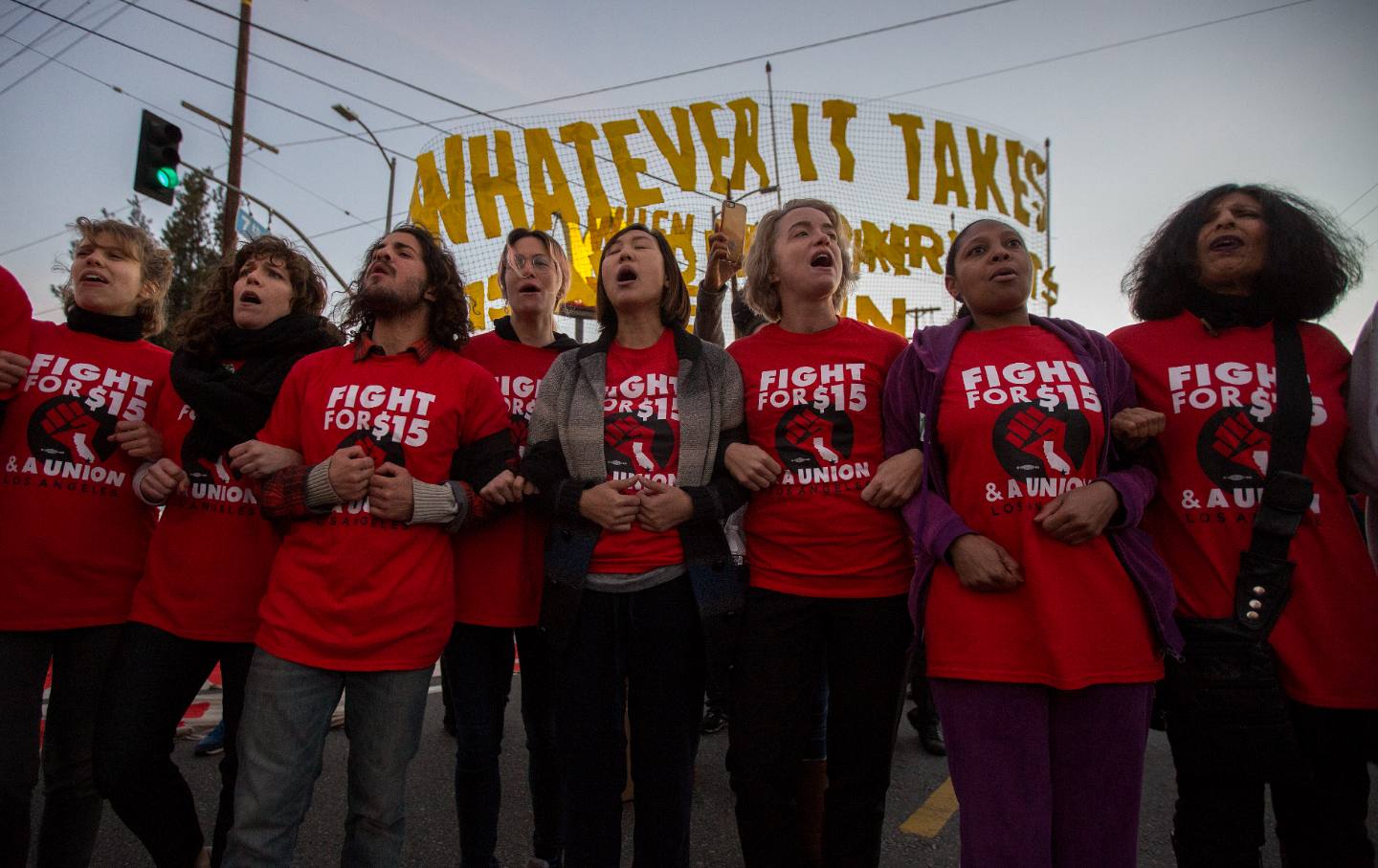
Why Democrats Are Losing Americans Without a College Degree—and How to Win Them Back Why Democrats Are Losing Americans Without a College Degree—and How to Win Them Back
Voters intuitively understand that the economy has not worked well for most of us for decades. Democrats must offer them a big transformative vision, and stick to it for as long a...
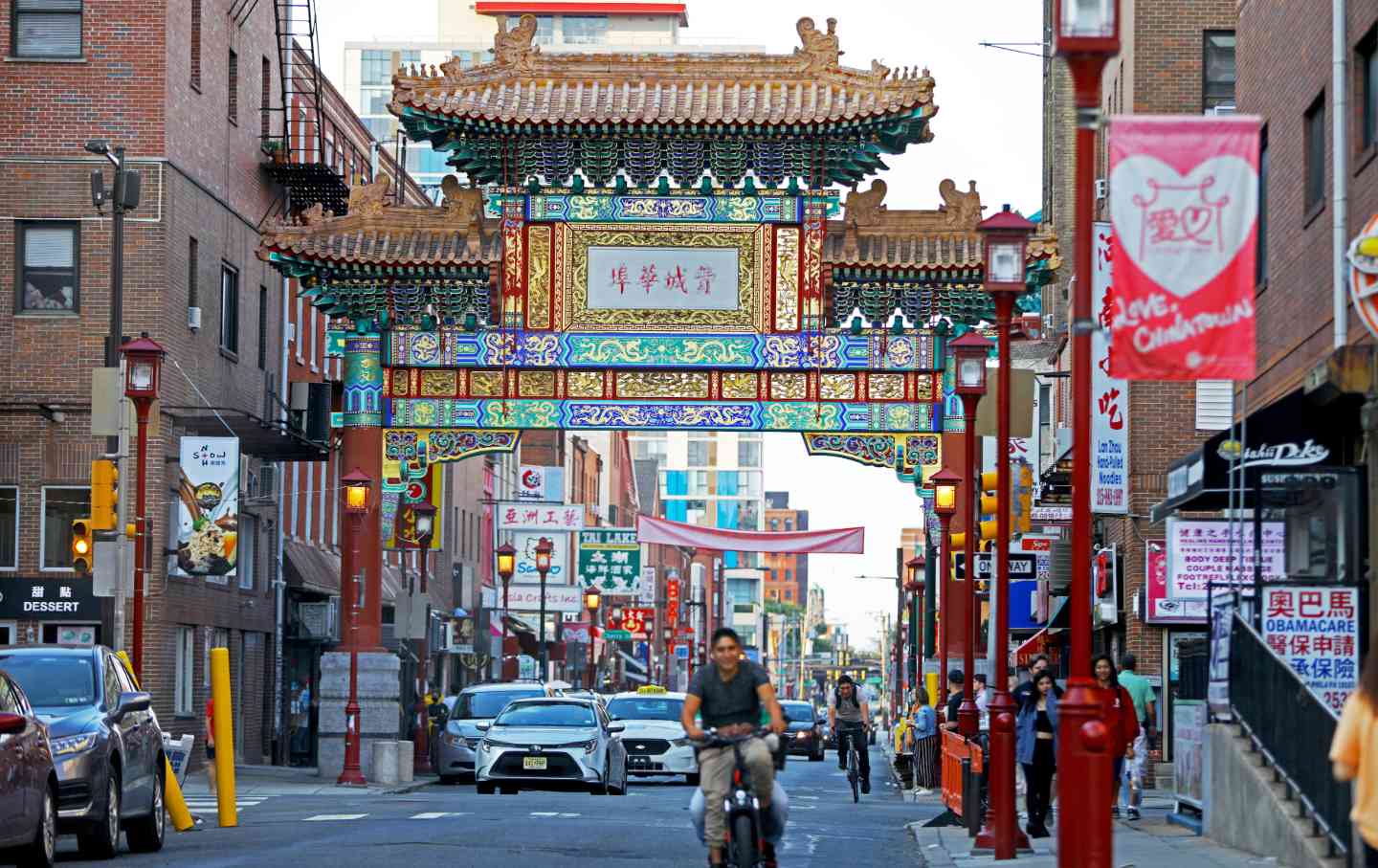
The “Save Chinatown” Coalition Goes on the Defensive in Philadelphia The “Save Chinatown” Coalition Goes on the Defensive in Philadelphia
The construction of a new basketball arena threatens to fill the neighborhood with more traffic and raise rents.
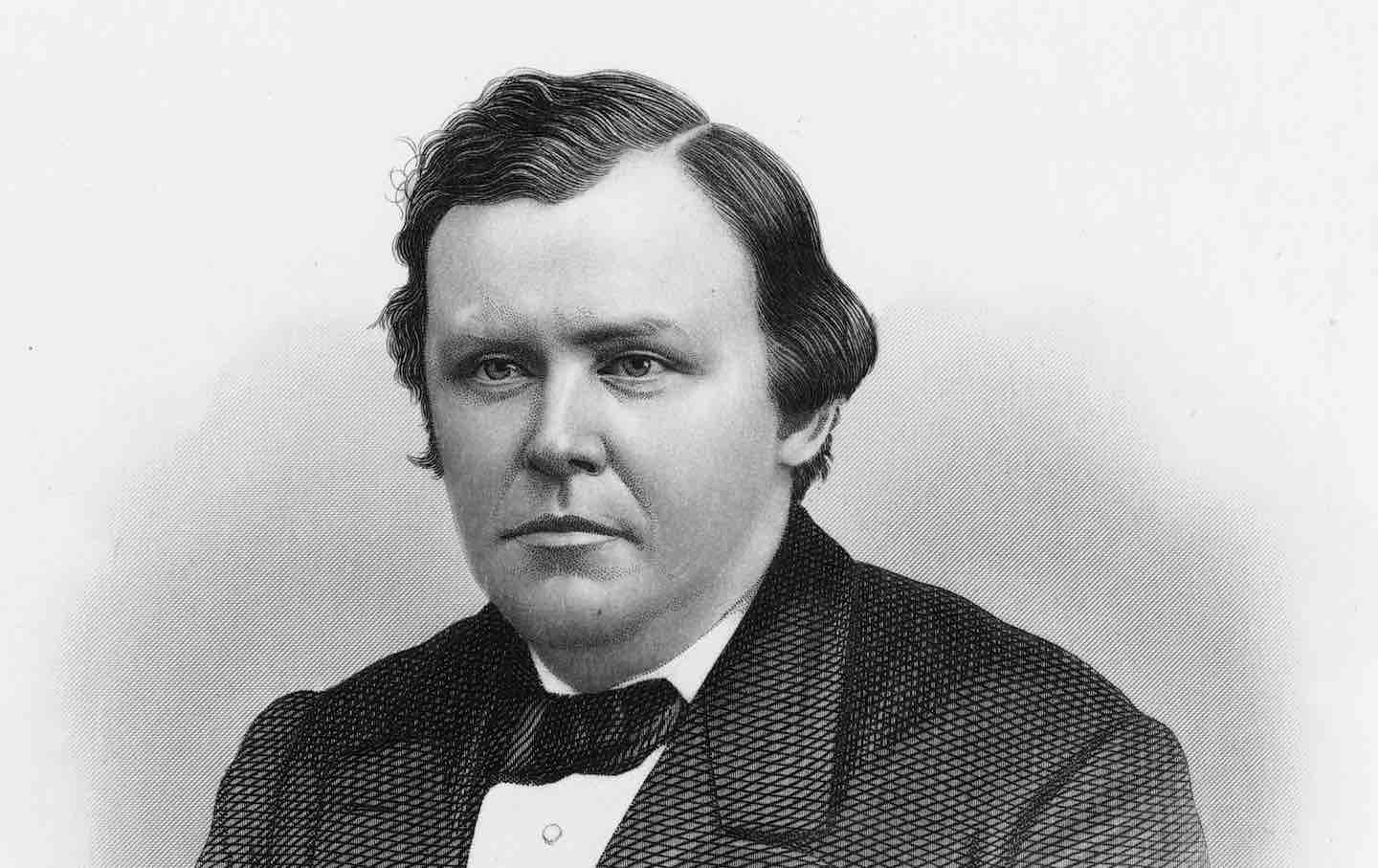
The Peculiar Case of Ignatius Donnelly The Peculiar Case of Ignatius Donnelly
The Minnesota politician presents a riddle for historians. He was a beloved populist but also a crackpot conspiracist. Were his politics tainted by his strange beliefs?

My Dystopian Novel Predicted Trump 2.0 My Dystopian Novel Predicted Trump 2.0
SOLIS was meant to serve as a warning of what could come. With Trump’s reelection, it should serve as a blueprint for the bravery and activism needed to fight back.



